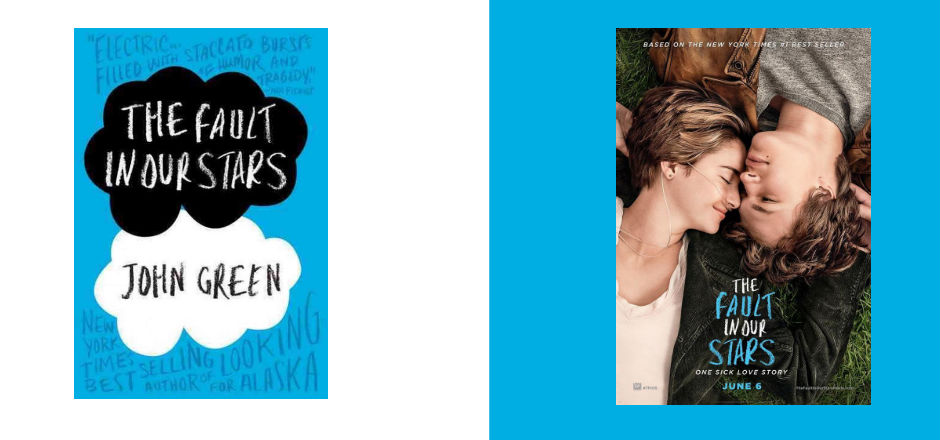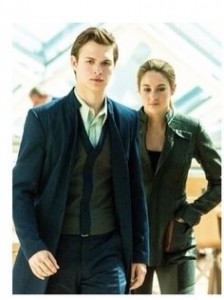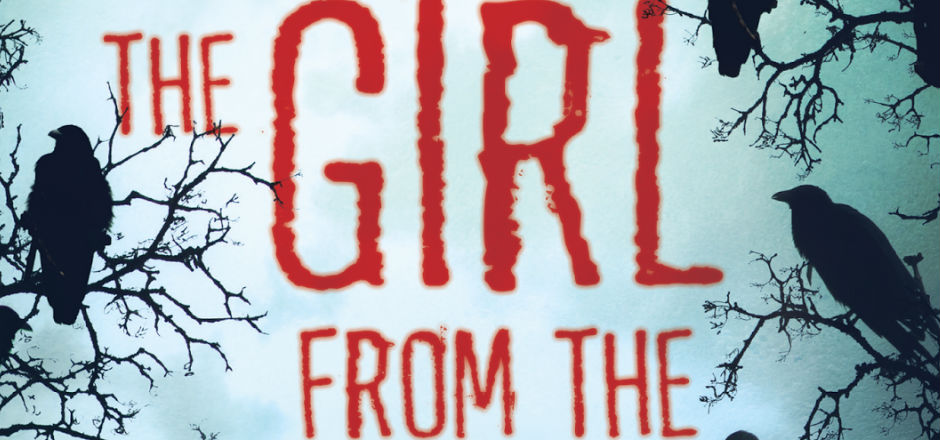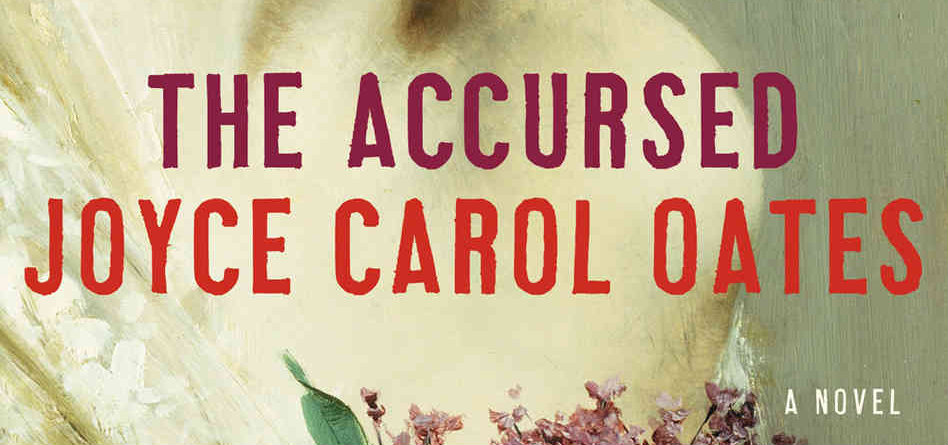There’s something about death that freaks people out, despite its inevitability in human nature. This overarching fear of death makes it very surprising that The Fault in Our Stars such a popular and anticipated movie this summer. Based on the book by John Green, the movie was a pretty faithful adaptation that kept all of the most important aspects while leaving out only the things that were not strictly necessary (but if you had read the book, you were still able to appreciate the missing details in the through line of the movie).
Green’s novel about a young woman dying of cancer is actually one of the most truthful and raw books I’ve read, and Hazel’s sense of self-awareness was clear in the movie. Even though she approached her own mortality in a down-to-earth manner, as an outsider viewing her story, it’s still so sad and so touching to see the few people in her life responding to and living with her.
There is some criticism of The Fault in Our Stars as self-indulgent or self-centered, a common criticism of the generation that is now coming into adulthood. One counterargument that the story of Hazel Grace Lancaster makes is that sometimes you can’t worry about the big picture. Hazel is actually dying of cancer. It’s not something that can be denied by her, her parents, or the audience. While the advancement of her condition is slowed by her treatments, her death is inevitable (and it’s postulated by a number of readers that she dies either at the end of the book or very soon after).
The very first time Hazel meets Gus in Support Group, she challenges his assertion that it’s imperative that we leave a mark in the history of man. Her point in this discussion, and a major point of the story, is that we only have a short time on this Earth, and even if we don’t have a lasting impact on the scope of the world, it doesn’t matter. Earth has existed before and will exist after humanity. What’s more important – as we discover with Hazel and Gus throughout the story – is that we have the ability to become someone’s world for the short time they’re on the Earth, and that can be enough for ourselves and for each other.
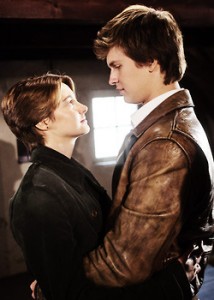 Walking into the theatre to see The Fault in Our Stars, the expected ratio of frames to tears was pretty high. Hazel’s history and struggle through living is heart-wrenching in the book and becomes even more so when visceral on screen, seeing her parents dealing with her condition and her own interaction with Gus as she compares her death to a grenade, harming everyone in proximity. The tears really start flowing during Amsterdam, when we learn about Gus’ relapse and that his inevitable death will come a lot sooner than expected.
Walking into the theatre to see The Fault in Our Stars, the expected ratio of frames to tears was pretty high. Hazel’s history and struggle through living is heart-wrenching in the book and becomes even more so when visceral on screen, seeing her parents dealing with her condition and her own interaction with Gus as she compares her death to a grenade, harming everyone in proximity. The tears really start flowing during Amsterdam, when we learn about Gus’ relapse and that his inevitable death will come a lot sooner than expected.
What really made the movie so touching was the truthful acting and the ways that the actors really filled out the characters. When the casting decisions were announced, I had my doubts about Ansel Elgort as Augustus Waters. Gus is, from the perspective of a fifteen-year-old girl, the perfect boy, so there were some very great expectations to live up to. And let’s be real, who the hell is Ansel Elgort?
Suffice to say, he exceeded my expectations. He brought to life the charming smugness and pretentiousness that practically defines Gus while still keeping him a very real person, a teenage boy that self-consciously only has one leg and loves his friends very much. One of the best parts of the story besides the “little infinity” for Gus and Hazel is the friendship between Gus and Isaac and how hard Gus works to take care of him once he goes blind.
Here we need to take a little tangential side note on Nat Wolff and his show-stealing abilities. A great choice for Isaac, Wolff brought the perfect amount of angst and sarcasm to the role, playing very well against the more laid-back Elgort who hands him things to break throughout the movie.
There’s not much to say about Shailene Woodley’s performance, and not at all in a negative way. She was possibly one of the best choices for Hazel right now. Her face still looks young enough to be a teenager and Hazel falls within her type so well that she plays very naturally. The conflict for Hazel is very clear because Hazel is so direct; Hazel wants to just be a teenager but knows that it’s not going to be possible ever again, and though she has accepted it, it’s very hard to know that it won’t be like the movies or even boring normality because of her condition. Even deeper is her greater conflict that comes to pass after her stint at the hospital for a huge amount of fluid in her lungs. Her seeming brush with death makes her want to keep Gus at arm’s length to minimize the damage after her actual death, and Woodley does an amazing job at being Hazel through the relative health and sickness of her journey through the story.
The only criticism I really have of the movie is the tangential weirdness of the Woodley/Elgort casting, no matter how perfect they each were for their roles. If like me you’re a big fan of books-turned-movies and have been keeping up with the latest in YA dystopia, you know that it’s a little off-putting to see the two as love interests when you just saw them as brother and sister in March. Luckily it was over two months ago that I saw Divergent, with Woodley as the brave little protagonist Tris Prior, who leaves her own sector of society to become a Dauntless soldier while her brother Caleb (Elgort) leaves as well to become a researcher and thinker in Erudite. Another lucky bit is that Caleb is not a huge part of the story in the first book, and thus the first movie. However, if this had been after Allegiant, we probably would have had some bigger problems.
Overall, this was a faithful adaptation, bringing to life on screen what can only be imagined in reading the book. Green’s heavy involvement in the process is apparent, which as a reader I am thankful for. Shot beautifully and set to a really lovely soundtrack, the film as a whole brings together a story that can inspire hope while showing the reality of the human condition.
Christina Casano is a TV & Film writer at Girls in Capes. With a focus primarily on television, she writes about the more fantastical, throwing back to the cult classics Buffy: the Vampire Slayer and Firefly while also writing about today’s shows including Once Upon a Time. She graduated from Miami University in May with a degree in Theatre and hopes to continue writing and doing theatre in Chicago, where she plans to relocate.
